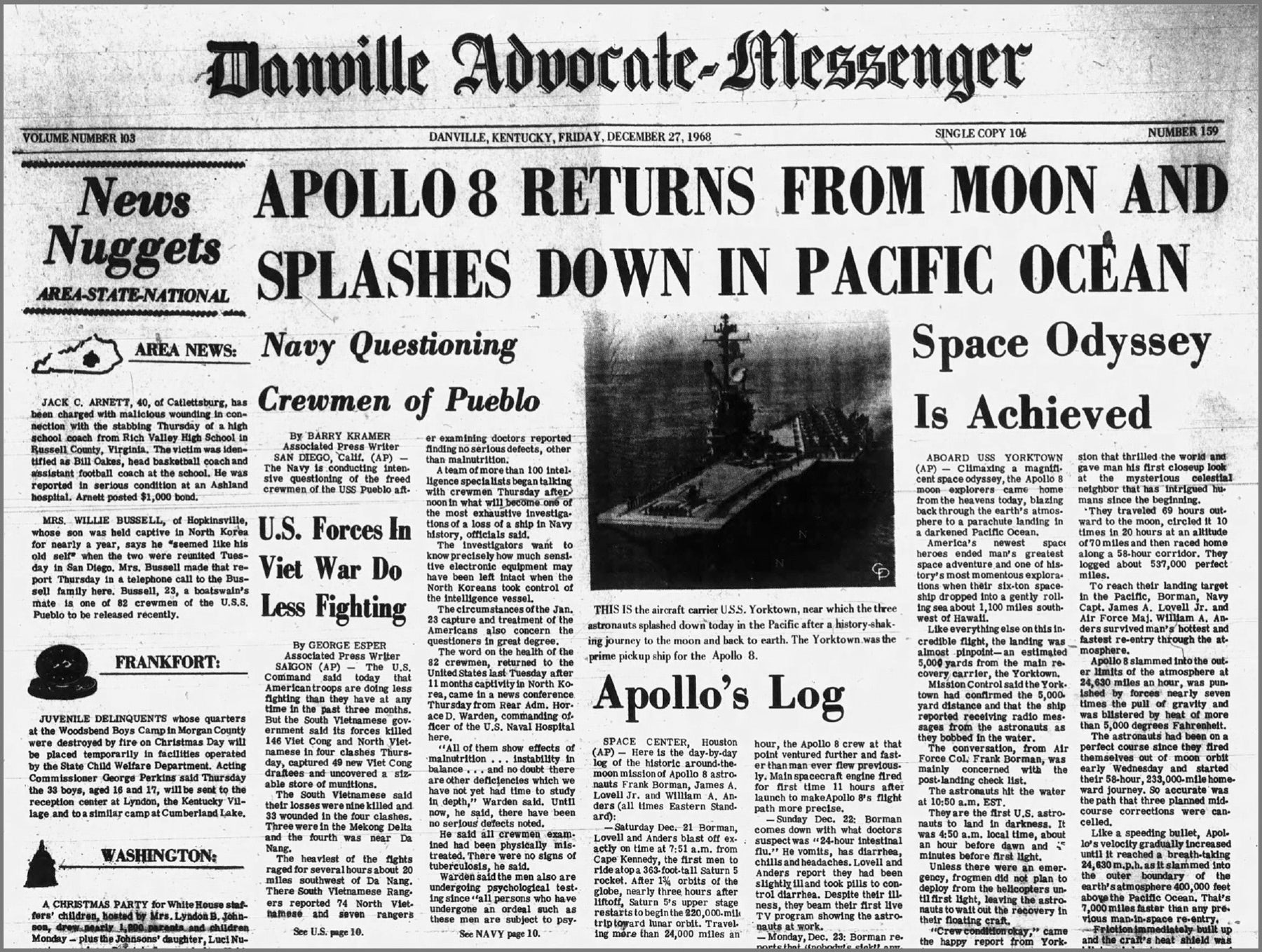Coffee with Mimi: Emily Post still has something to say
Published 2:19 pm Friday, May 14, 2021

In the world of behaviors, there are manners, etiquette, and protocol; all perfectly acceptable ways to describe how people are expected to act in public interactions. According to the dictionary, each word differs slightly in its definition.
Manner(s) refers to the way in which a person behaves towards others. It can also describe the way something is done. So, a person can carry out a task in a quick manner which has nothing to do with behavior towards co-workers. But, if that quick manner of working is noisy around others, then the nuance of poor manners may be a factor in the work place.
Then there is etiquette. Etiquette is defined as acceptable behavior among specific groups and in specific situations and involves a multitude of rules covering minute elements of social and professional interactions. “Proper etiquette” is often thought of as which fork to use for salad or the main course. Multiple pages in an Emily Post or Amy Vanderbilt manual will get you on the right track should you need to address the queen by letter, email, or even in person. I mean, it never hurts to be prepared once travel restrictions have been lifted.
Protocol, on the other hand, can be a bit tricky. The good thing about it is that the general population, myself for sure, will likely never be in a position to endanger world peace and security through an ignorant failure to observe proper protocol. Protocol takes behavior to another level. Protocol guards the interactions between people on a diplomatic or official playing field. Protocol requires that a regular old individual doesn’t approach the queen, or the president, on a whim to say “Hi, how are you?” Protocol is a nice way to say you had better not break this rule because we will take action first and ask questions later.
Official protocol aside, most people know there are expected ways to act when out and about among other beings whether in your own little town on your own block or half way around the world in a strange country where no one speaks a word you understand and you don’t speak a word they recognize.
Emily Post says it just comes down to being nice and caring about others. “Nothing is less important than which fork you use…It is ethics. It is honor.” Emily literally wrote the book on etiquette. Her original book by that title on that subject was 627 pages long. At one point in it was said her weighty tome was the second most likely book to be stolen from a public library, the first most likely being the Bible.
(A moment’s digression on this little nugget of trivia – doesn’t it seem a bit ironic that one book that teaches about honesty and the right way to live and another book all about ethics and honor are acquired by apparently a rather large number of people in a manner other than that which is proposed in either book? Perhaps good manners on my part would help me consider that the people who desire those characteristics are at least trying to learn about them.)
Emily believed the message was a simple one, but that didn’t stop her from talking a lot about the complexity of behaviors lurking in society requiring a precise touch to navigate. Her original book has been updated in 19 editions since 1922. She has talked for hours and hours on TV, radio, and in person. Her daily column was syndicated in over 200 newspapers. She had a sense of humor and was adventurous for her era. People listened and read. It was an age, much like today, in which the world was changing rapidly. Opportunities for interactions between people in new situations were growing as communications and mobility increased exponentially.
Emily was born in 1872 and died in 1960. Think about that. She was married at the age of 20 and divorced by 33, with two children to raise. In an era in which women were not allowed to vote, and expected to conduct their lives in a particular manner, Emily had some choices.
She hung her future on what she knew and added her own twist. Emily was educated in what was called a “finishing school.” The goal of her education, and many other daughters of the time, was to learn the social graces necessary to enter into society, and get married, and be a wife and mother.
Early in her married career, that didn’t work out for Emily.
What did work out for her was a pretty good knowledge about how to behave in a multitude of daily moments and awkward situations at a time when being a divorced woman presented a lot of just those moments. And, she knew how to use every bit of Victorian serving and eating utensils on the perfectly set dinner table.
The topic of etiquette became her future. And, a darn successful one. Wonder what dear Emily would say today in her daily column.
There is just plain good behavior and being nice. It is called ethics and honor with no exceptions. The fork is secondary.





